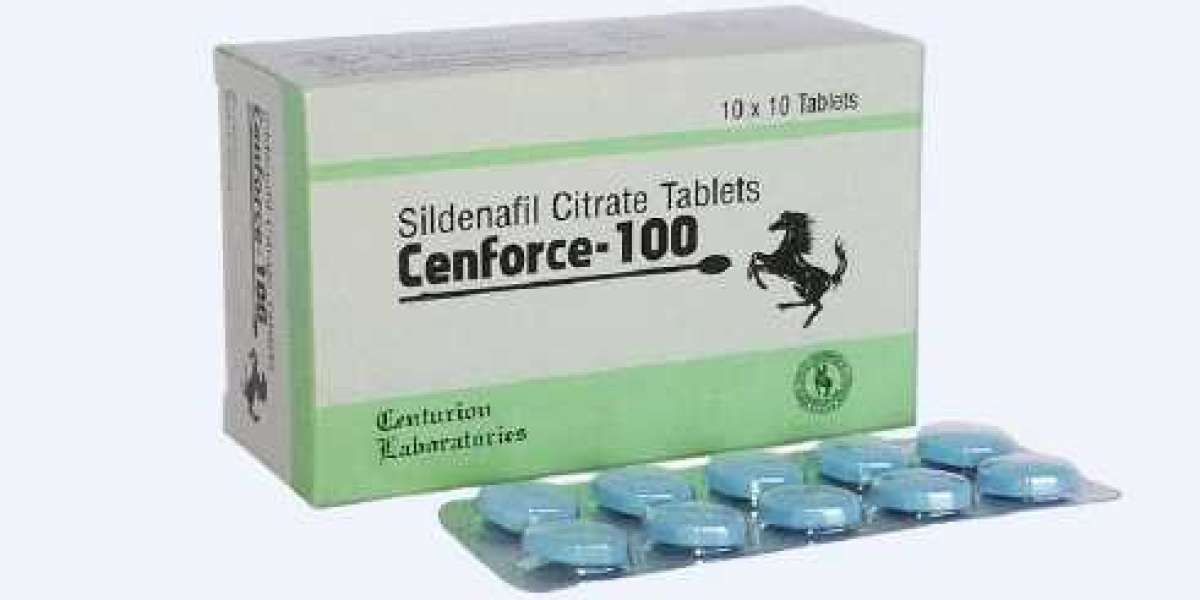Mini excavator parts from Elasto Proxy are industrial rubber products for sealing and insulation. They are designed for compact or mini excavators, tracked or wheeled vehicles that can weigh up to 20,000 lbs. and are used in construction, landscaping, hole digging, pipe trenching, and snow removal. Unlike standard excavators, compact excavators can fit into smaller spaces and are easier to transport.
The mini excavator parts that original equipment manufacturers (OEMs) can buy from Elasto Proxy include:
Door gaskets
Window seals
Headliners
Floor mats
Firewall insulation
Silicone hoses and connectors
Other molded rubber and plastic parts
OEMs who partner with Elasto Proxy can buy mini excavator parts in low-to-medium volumes and benefit from of our value-added services. For example, Elasto Proxy can ship door seals on demand or according your sales forecast. With our kitting and assembling packaging, we can also deliver all of the rubber parts that you need for a build in the parts’ order of assembly.
Mini Excavator Cabin Parts
Door and window gaskets for mini excavators need to provide environmental sealing and sound reduction. Rubber seals that admit wind, water, dirt, and outside temperatures are ineffective, but so are gaskets that don’t reduce noise. If you’ve been cutting and bonding lengths of rubber in-house, ask Elasto Proxy how outsourced rubber fabrication can also help you to reduce labor costs and material waste.
For example, if a worker cuts a profile incorrectly, the mis-cut probably winds up in the trash. Asking a higher-paid employee such as a welder to cut and bond rubber adds excessive labor costs. Attaching gaskets with hand tools or messy liquid adhesives extends assembly times. Outsourced fabrication that’s combined with gasket taping, kitting, parts marking, and custom packaging can add value instead.
In addition to door seals and window gaskets, Elasto Proxy makes acoustic insulation such as headliners for mini excavators. Elasto Proxy can supply you with headliners in the colors and sizes that you need, and with pre-cut openings for fasteners. With our water jet cutting services, you won’t have to pay for or wait for tooling either. If you need molded parts, we can source these for you, too.
Mini Excavator Engine Parts
Mini excavator parts from Elasto Proxy include thermal-acoustic insulation that keeps heat and noise in the engine bay from reaching the cabin where the operator sits. Thermal insulation protects the cab from high temperatures that can cause driver discomfort and damage electronics. Acoustic insulation dampens sound-induced vibrations that can loosen fasteners and harm human hearing.
Thermal-acoustic insulation can provide mini excavator manufacturers with a complete solution. It consists of specialized materials that are assembled into a sandwich-like structure. The top layer is an aluminum facing or metallized Mylar that’s laminated to an elastomeric foam. This facing reflects radiant heat and withstands water and engine oil.
The middle of this insulation sandwich consists of a layer of hard rubber that stops loud engine sounds and a layer of acoustic foam for additional sound absorption. The bottom layer uses a pressure-sensitive adhesive with a removable liner. Taped insulation installs easily and eliminates the health and safety concerns of adhesive spraying.
OEM Rubber Products from Elasto Proxy
Like the gaskets in the cabin, engine insulation needs quality fabrication. Otherwise, potential buyers may assume that poor-quality mini excavator parts reflect larger flaws in a product design. Sealing and insulation that fails in the field can result in warranty work and equipment downtime. Success is readily achievable, however, so partner with us for the rubber parts that you need.
Demolition excavator parts need to provide reliable sealing and insulation because there are costs and consequences to defects. Leaky door and window gaskets can admit rain or snow that wets floors and seats. Using inadequate thermal or acoustic insulation can also diminish operator comfort and put safety at risk. From the cabin to the engine bay, demolition excavators need quality rubber components.
Cabin Sealing
Rubber gaskets are demolition excavator parts that provide both environmental sealing and acoustic insulation. Seals that admit wind, water, dirt, and outdoor temperatures are ineffective, but so are gaskets that fail to absorb road noise. In addition to quality, manufacturers need to consider labor and material costs. Ease-of-installation and the added value a gasket fabricator can provide are also worth considering.
Seal design follows a formula with three basic elements: compound, hardness, and profile. Use a compound, or type of rubber, that can withstand tough outdoor environments. Harder rubber provides greater impact resistance but can make it more difficult for a door or window to close. Softer rubber provides greater cushioning but is more prone to compression set, or permanent deformation. Profile refers to the shape of the gasket material, which is extruded into coils or lengths.
Cutting and bonding your own gaskets may seem inexpensive enough until you consider the true costs. If a worker cuts a profile incorrectly, the mis-cut become material waste. Asking a higher-paid employee such as a welder to cut and bond rubber adds excessive labor costs. Attaching gaskets with hand tools or messy liquid adhesives extends assembly times. Outsourced fabrication that’s combined with gasket taping, kitting, parts marking, and custom packaging can add value instead.
Engine Insulation
Demolition excavator parts include engine insulation that keeps heat and noise from the engine bay from reaching the cabin where the operator sits. Thermal insulation protects the cab from high temperatures that can cause driver discomfort and damage electronics. Acoustic insulation dampens sound-induced vibrations that can loosen fasteners and harm human hearing.
Thermal-acoustic insulation can provide equipment manufacturers with a complete solution. It consists of specialized materials that are assembled into a sandwich-like structure. The top layer is an aluminum facing or metallized Mylar that’s laminated to an elastomeric foam. This facing reflects radiant heat and withstands water and engine oil.
The middle of this insulation sandwich consists of a layer of hard rubber that stops loud engine sounds and a layer of acoustic foam for additional sound absorption. The bottom layer uses a pressure-sensitive adhesive with a removable liner. Taped insulation installs easily and eliminates the health and safety concerns of adhesive spraying.
WHAT IS VIBRATORY HAMMER?
Vibratory hammer is a machine used to drive tube and sheet piles in/out of the ground for constructing structures like bridges, harbours, roads, airports, canal works and so on. So they are quiet and have many advantages compared to traditional pile drivers which use a large weight to strike the pile. As an example, the greatest advantage is that vibratory hammers can drive and extract piles much faster. Besides this, they are small and lightweight, environmentally friendly and they can be used underwater. Moreover, in some vibratory hammers vibration can be fully controlled, which is a necessity if the work has to be carried out in residential or historical places.
Because vibro hammers use spinning counter-weights to create a vibration to the pile the resistance of the ground is reduced with vibration and by changing the formation of the ground. The vibratory piling machine transfers vertical vibrations to the pile via the hydraulic clamp. This, in turn, transfers vibration to the ground which reduces the friction between the pile and the ground. In other words, the high-speed vibration causes the soil to actually “liquefy” allowing the pile to be driven or extracted with less force. As a result, the pile is driven into the ground by a combination of the vibrator’s weight and centrifugal force it creates.
VIBRO HAMMER COMPONENTS:
Vibration Suppressor,
Vibration Case,
Hydraulic Clamp and
Power Unit.
VIBRATION SUPPRESSOR
The vibration suppressor assembly is mounted to the top of the vibration case to isolate vibration to the crane and permit pile extraction.
VIBRATION CASE
The vibration case contains high amplitude eccentric weights cast in one piece with gear which rotates in a vertical plane to create vibration. The eccentric weights are driven by hydraulic motors mounted on the vibration case. So the motors and eccentrics are all gear connected to maintain proper synchronization.
The eccentrics and motor shafts are mounted in a heavy-duty cylindrical bearing. The gear and bearing lubrication are provided by the radiator located in the Power Unit. There are oil pumps, installed to vibration case, circulating the oil between vibration case and radiator to reduce the oil heat in the vibration case.
HYDRAULIC CLAMP
Hydraulic clamp is the part of the vibrator which grips pile or tube. It contains two gripping jaws. One is “fixed” and one is “moveable”. Movable jaw is operated by the cylinder located in the clamp body. Besides this,there is a check valve on the clamp which keeps jaws closed in any kind of emergency.
POWER UNIT (HYDRAULIC POWER PACK)
Vibratory hammers are powered by the power unit. For excavator mounted hammers power unit is the excavator itself. For crane suspended hammers there is a power unit which is connected to the hammer by hydraulic hoses. There is a diesel engine inside the power unit which drives hydraulic pumps that create hydraulic pressure to operator vibro hammer. The diesel engine is mounted to a tubular frame that also serves as a diesel fuel tank. There are also emergency stop buttons on the machine.
If you are interested in vibratory hammer you may also want to learn about production process of vibro hammer in our manufacturing facility. Using our 30 years experience in this field we can perform special design and production to meet customers’ needs and requests.
FEATURES AND ADVANTAGES OF VIBRATORY PILE DRIVERS
Vibratory pile drivers are used to build harbors, bridges, airports, buildings, roads, rails, infrastructure, solar power, wind turbines, walls and many other foundation types. Vibratory pile drivers are modern and popular machinery for pipe, sheet and wooden piles. The most prominent feature of vibratory pile drivers is the sound power level. Impact hammers are very noisy owing to the fact that they make use of overweight to impact. However, vibratory hammer drivers are lighter and much faster as they do not apply extra force to the ground. Therefore that are more preferable in urban areas and downtowns.


